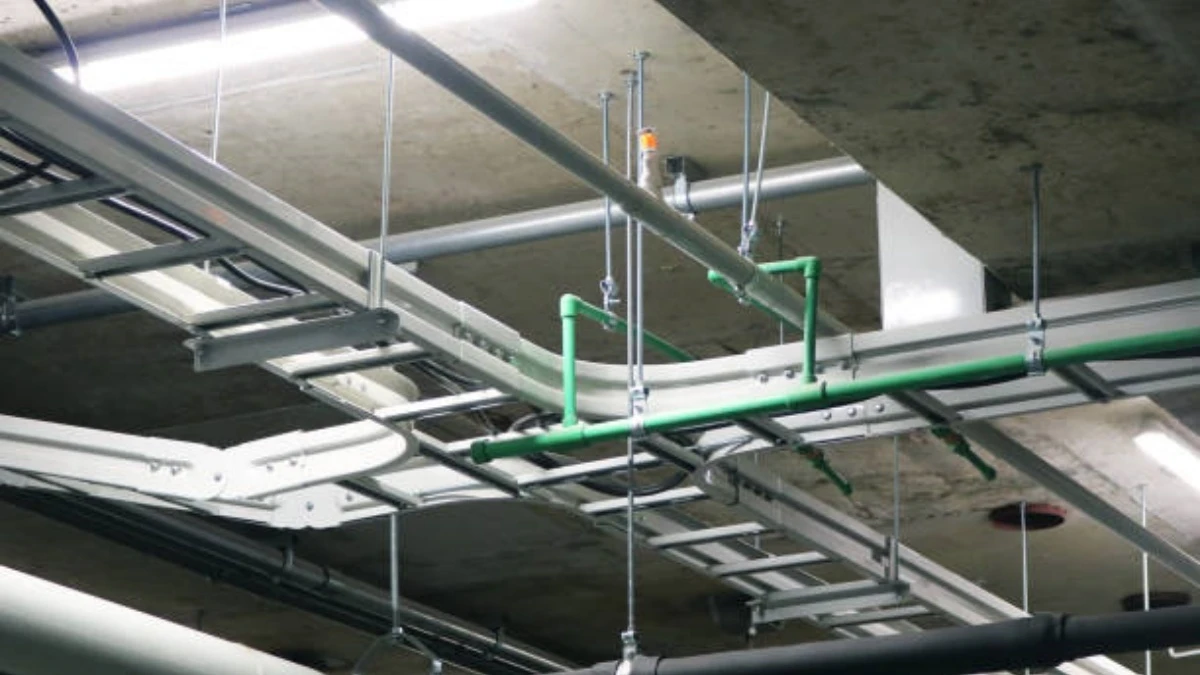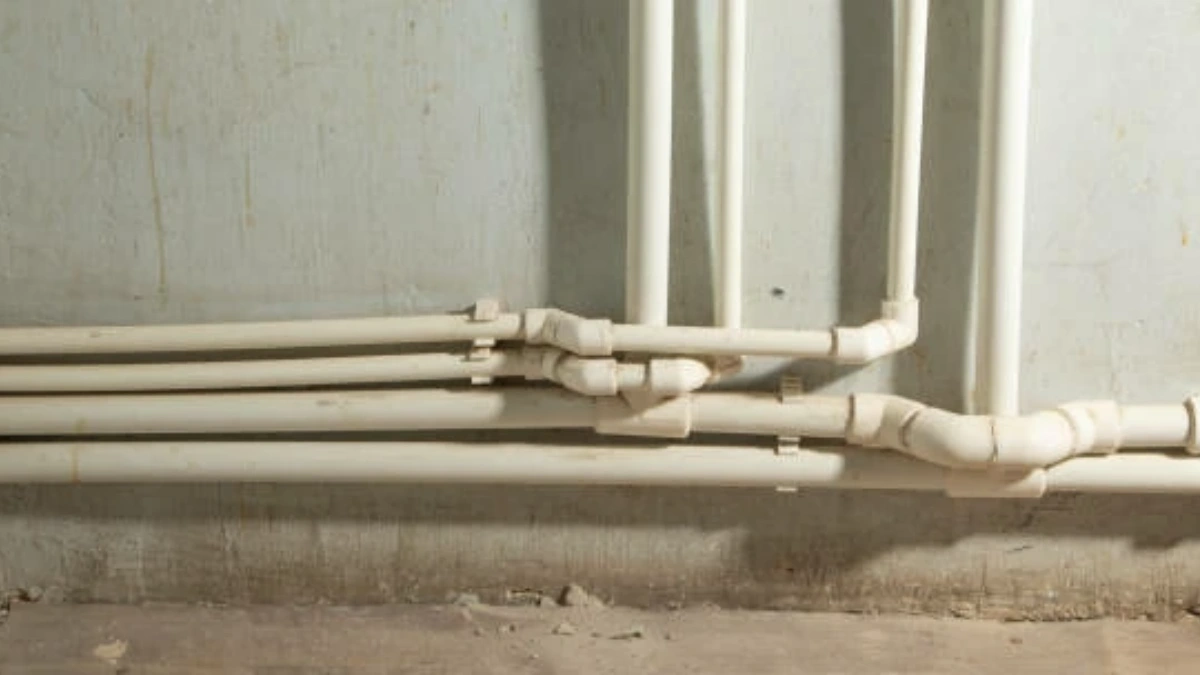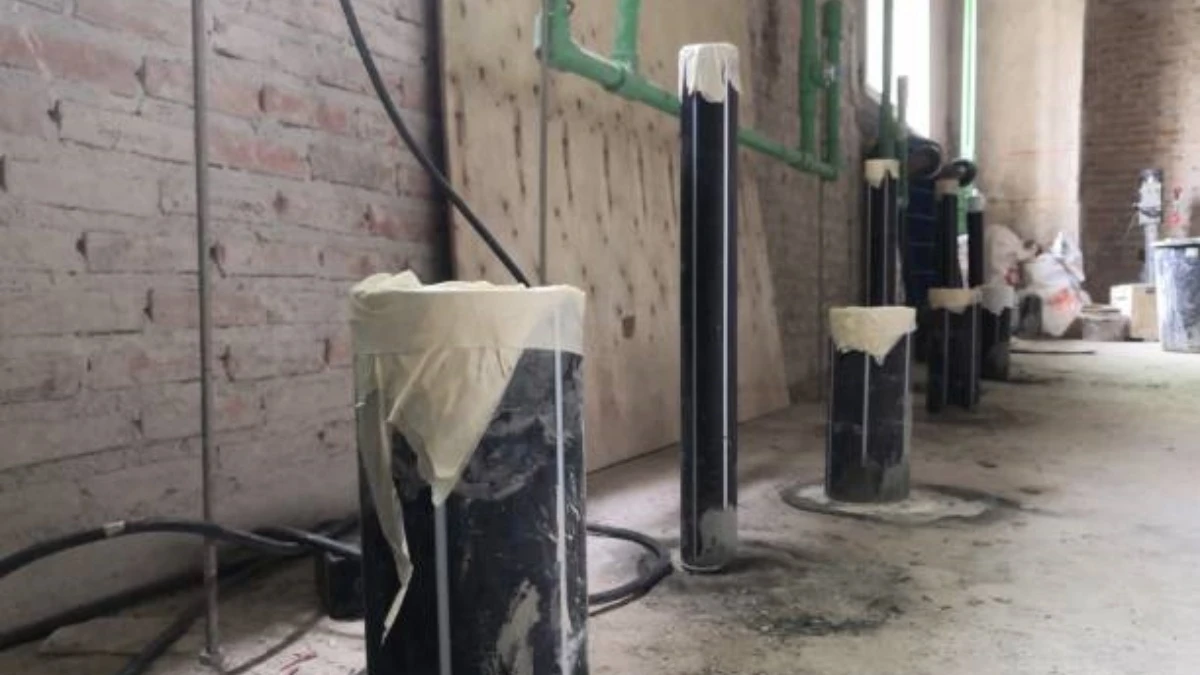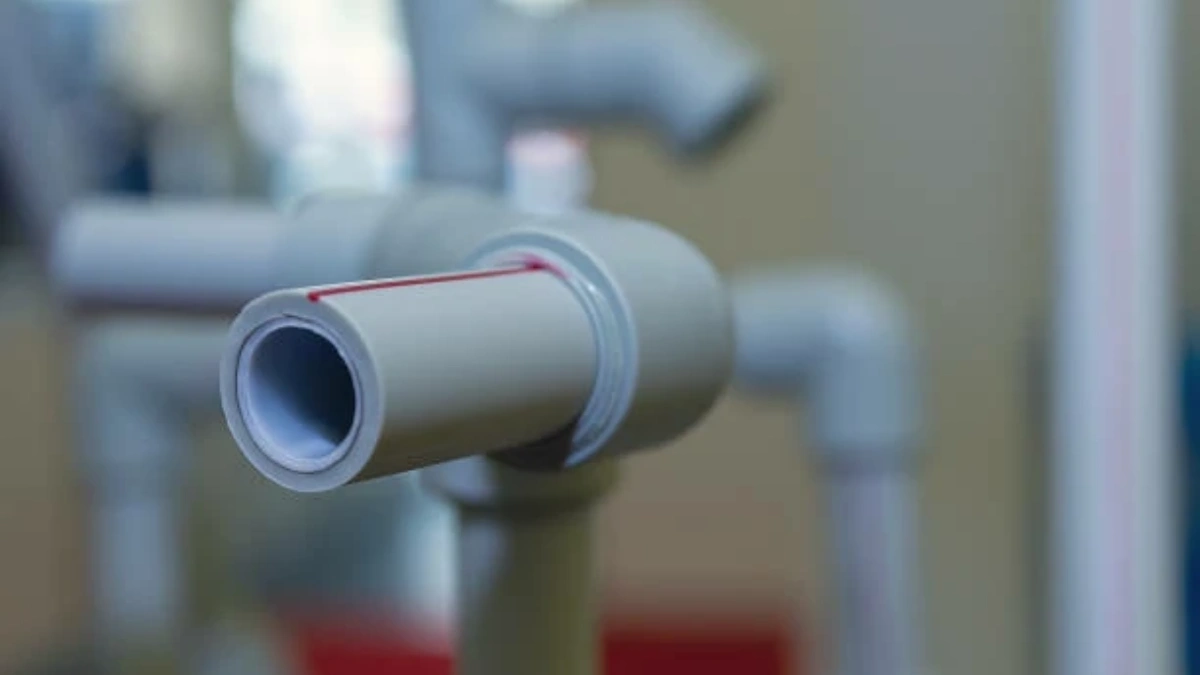Introduction
Ensuring access to safe drinking water is a fundamental necessity for public health. The use of lead-free pipes, fittings, fixtures, solder, and flux is essential in creating plumbing systems that do not compromise water quality. This article explores the importance and benefits of using lead-free materials in drinking water systems.
Understanding Lead Contamination
Sources of Lead in Plumbing
Lead can enter drinking water through pipes and fixtures that contain lead, often found in older plumbing systems. Lead solder and flux used in joining pipes can also be sources of contamination.
Health Risks Associated with Lead Exposure
Lead exposure can lead to serious health issues, especially in children, including developmental delays, learning difficulties, and various physical health problems. Reducing lead exposure is vital for public health.
Benefits of Lead-Free Plumbing Materials
Health Advantages
Using lead-free materials significantly reduces the risk of lead contamination, ensuring that drinking water remains safe for consumption.
Environmental Impact
Lead-free plumbing materials are often more environmentally friendly, reducing the ecological footprint associated with lead mining and processing.
Types of Lead-Free Pipes and Fittings
Common Materials Used
Materials such as PEX (cross-linked polyethylene), copper, and stainless steel are commonly used as lead-free alternatives. Each material offers unique benefits, including flexibility, durability, and resistance to corrosion.
Comparison with Traditional Materials
Lead-free materials often provide similar or enhanced performance compared to traditional lead-containing options while ensuring safety.
Lead-Free Solder and Flux
What Are Solder and Flux?
Solder is a metal alloy used to join pipes, while flux is a chemical agent that helps to clean and prepare surfaces for soldering. Both can be sources of lead if not chosen carefully.
Benefits of Using Lead-Free Alternatives
Lead-free solder and flux offer the same joining capabilities without the associated health risks of lead, making them essential for safe plumbing practices.
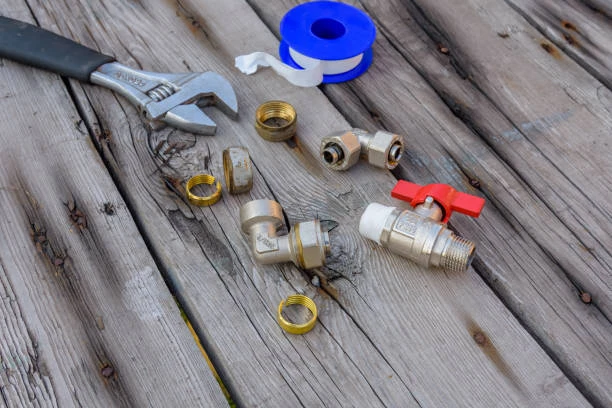
Regulatory Standards
Overview of Regulations on Lead-Free Materials
Many countries have established regulations that limit the amount of lead in plumbing materials. Understanding these standards is crucial for compliance and ensuring safe water systems.
Importance of Compliance
Adhering to regulations not only ensures safety but also protects manufacturers and contractors from legal repercussions and enhances public trust.
Installation Best Practices
Proper Techniques for Lead-Free Plumbing
Correct installation of lead-free materials is vital for performance. This includes using the right tools and techniques to ensure durable, leak-free connections.
Common Mistakes to Avoid
Avoiding errors such as using incompatible materials or neglecting proper cleaning methods can prevent potential issues down the line.
Maintenance of Lead-Free Systems
Regular Inspection and Upkeep
Routine maintenance is essential for all plumbing systems, including lead-free ones. Regular inspections help identify potential problems before they escalate.
Signs That Maintenance Is Needed
Look for signs of leaks, corrosion, or reduced water flow, which may indicate that maintenance is required to ensure the system operates efficiently.
Case Studies and Success Stories
Examples of Successful Lead-Free Installations
Numerous municipalities and companies have transitioned to lead-free plumbing systems, showcasing the benefits and effectiveness of these materials in real-world applications.
Lessons Learned
These case studies provide valuable insights into best practices and highlight the importance of careful planning and execution in lead-free projects.
Future Trends in Plumbing Materials
Innovations in Lead-Free Technologies
The plumbing industry continues to evolve, with new materials and technologies emerging that enhance the performance and safety of lead-free systems.
The Shift Toward Sustainable Practices
As awareness of environmental issues grows, the trend toward sustainable plumbing practices is likely to increase, further encouraging the use of lead-free materials.
Conclusion
The use of lead-free pipes, fittings, fixtures, solder, and flux is essential for ensuring safe drinking water. By prioritizing health, safety, and environmental responsibility, we can create plumbing systems that serve communities effectively and sustainably. Investing in lead-free materials is not just a regulatory requirement; it’s a commitment to public health and the environment.
FAQs
What materials are considered lead-free?
Materials like PEX, copper, and stainless steel are commonly used as lead-free alternatives.
How can I ensure my plumbing is lead-free?
Consult a licensed plumber to assess your plumbing system and confirm that lead-free materials were used in installations.
What are the health risks of lead in drinking water?
Lead exposure can cause serious health issues, especially in children, including developmental delays and learning difficulties.
How do I maintain lead-free plumbing systems?
Regular inspections, monitoring for leaks, and addressing issues promptly are essential for maintaining lead-free systems.
Are lead-free pipes more expensive?
While initial costs may be higher, the long-term health benefits and reduced maintenance can offset the investment.








